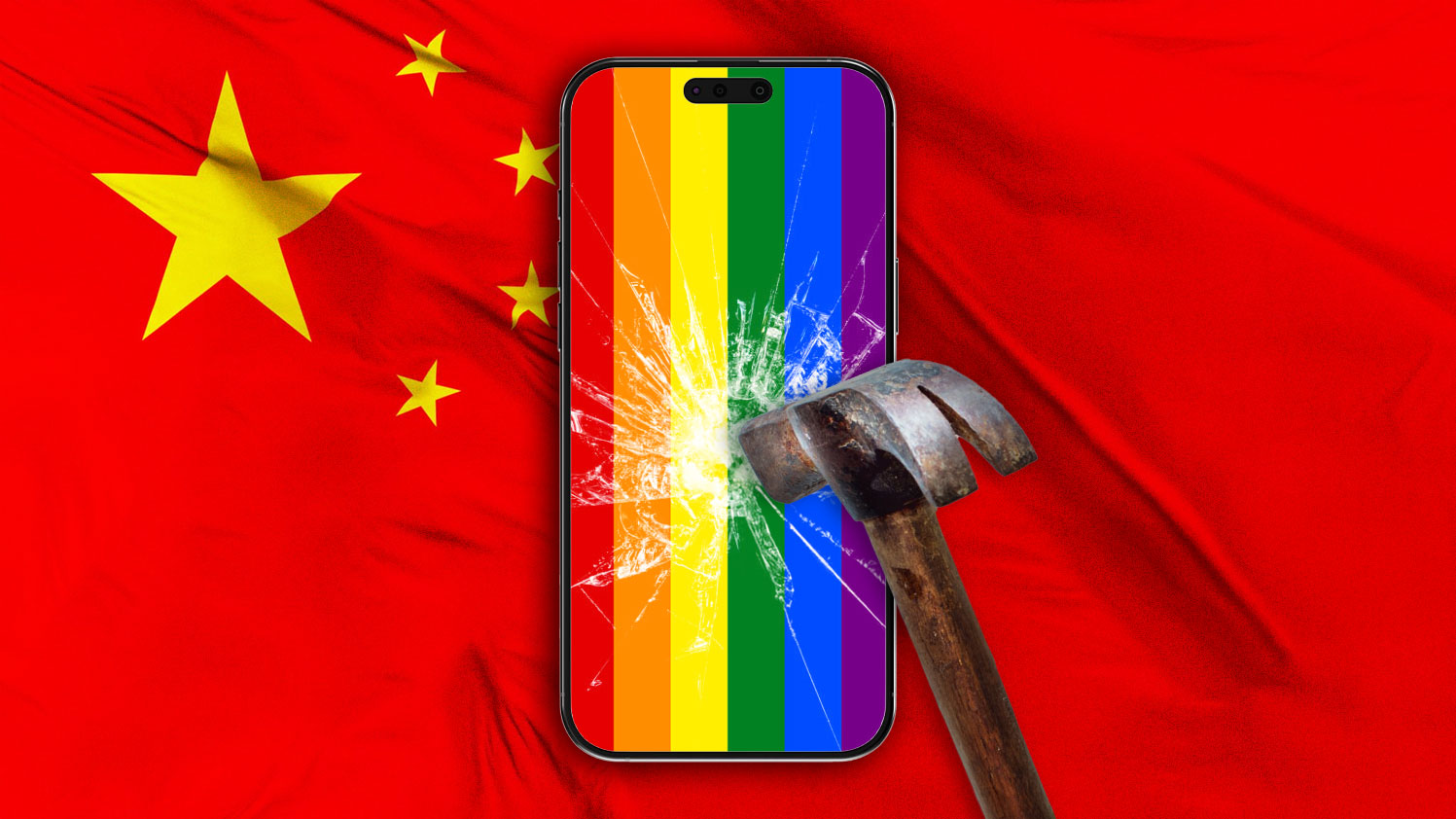Does Apple's facial recognition technology compromise security for convenience?
Apple executives unveiled the iPhone X this week along with facial recognition technology called Face ID. The iPhone's latest feature, which uses a 3-D scan of the user's face to unlock the phone, is also raising questions about privacy and security.
"We should be clear that this is a compromise of the security of your phone for convenience," said Wired magazine senior writer Andy Greenberg. He joined "CBS This Morning: Saturday" to discuss how the technology works, whether it can be tricked and why using a six-digit passcode is more secure than anything else.
"It's not gonna be that easy to spoof your face as it has been for the Galaxy S8 or other facial recognition systems where you could just show it a photograph," Greenberg explained. "The new iPhone, the iPhone X, is going to use tens of thousands of infrared dots on your face that it projects itself, and then uses an infrared camera to see how those are distorted."
Despite the advanced technology Apple is using, Greenberg said, "I've talked to hackers who've said they're going to break this."
"Apple seems to have this war on inconvenience where even just having to have one button on your phone is too many. They want the experience to be so seamless that you don't even notice the features or notice the security," Greenberg said.
Greenberg said there are a few reasons why biometrics aren't the best way to ensure security. A simpler feature is better for protecting your privacy.
"The safest thing you can do is turn off your fingerprint reader, your face print reader and just use that six-digit pin code which is remarkably difficult to break in an iPhone," Greenberg said. "The six-digit passcode is just mathematically almost impossible to guess given the number of tries Apple offers you."
Last year, the FBI was unable to break into an iPhone locked with a six-digit password.
"You can be very easily coerced to show your finger or, more easily, your face to someone who wants to break into your phone, whether that's a mugger or a kidnapper or the police," Greenberg said.
But what worries Greenberg more is what the adoption and widespread use of this technology could mean for the future of privacy.
"It's going to train Americans to use their face as a security mechanism. And once we're used to that, it's just a matter of time until tech companies are uploading those faces -- and Apple is not -- but maybe Amazon or Google will create a database of face prints," he said. "If they keep that centralized database or if a government agency does then it's only a matter of time until it leaks and then we're really in trouble in terms of privacy and security."



